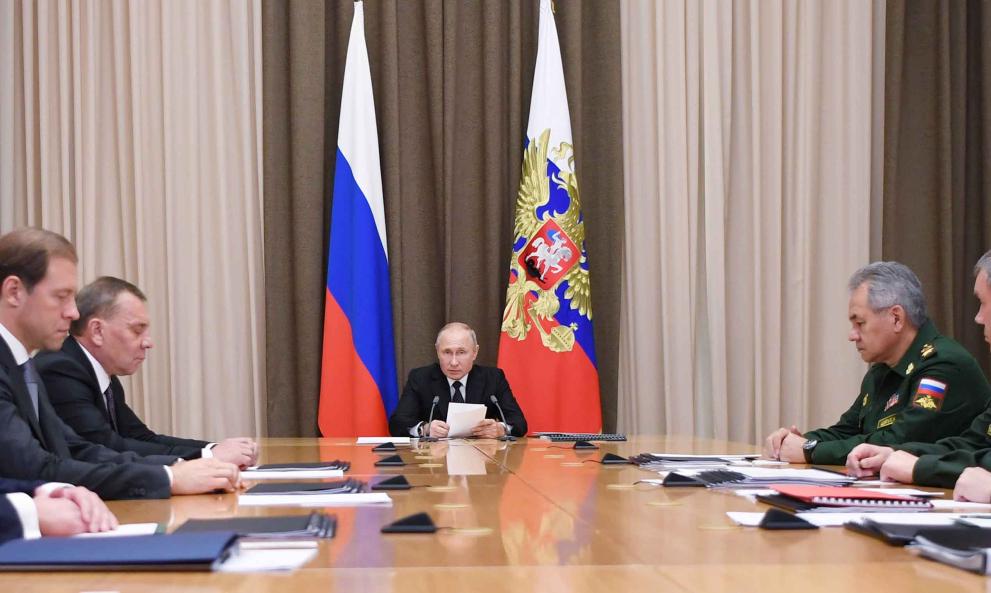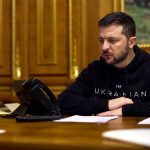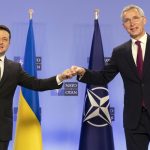A week ago, official Moscow announced the suspension of its participation in the Treaty on Measures for the Further Reduction and Limitation of Strategic Offensive Arms (New START-3). As the head of the Russian Federation Vladimir Putin noted, Russia took this step «exclusively under the threat of provocations from the West». The day before, the leadership of the North Atlantic Alliance called on the Russian authorities to «think their heads and show a desire for a peaceful solution to geopolitical problems». To the question whether such a solution is possible, international analysts do not give a definite answer.
«We are unilaterally temporarily terminating our membership in START-3, since we see no prospects for further cooperation with our Western partners in this context», Putin said in a message to the Russian Federal Assembly. And he immediately added that we are not talking about the complete annulment of Moscow’s signature under this document. At the same time, according to NATO Secretary General Jens Stoltenberg, it is precisely the partial refusal of the Russian Federation to comply with the requirements of the Treaty that is the first step towards the final rupture of the agreement. And he added: «I strongly urge the Russian Federation to abandon such plans».
It seems that Moscow is not going to back down on this issue. According to some information, a number of enterprises of the Russian military-industrial complex have already received orders for the production of new ballistic missiles. In addition, the military bases of the Russian Federation «mothballed» the process of disposal of missiles of the corresponding type already in service with the Russian army.
Recall that the New START-3 Treaty was signed in Prague on April 8, 2010 by the then Presidents of the Russian Federation and the United States, Dmitry Medvedev and Barack Obama. The document clearly spelled out mechanisms for the reduction by both sides of intercontinental ballistic missiles, submarine-launched ballistic missiles and deployed nuclear warheads. At the same time, both Moscow and Washington have previously tried to fulfill the main paragraphs of the pact.
The war in Ukraine changed everything.
«Тoday we are talking about a certain blackmailing of Washington and Brussels by Moscow, – said European political observer Klaus Hoff in a special commentary for EURO-ANLANTIC UKRAINE. – It is quite obvious that in the near future Russia will not use nuclear weapons. However, even talk of an arms buildup of this kind should be regarded as a certain amount of blackmail. Even if this is not an empty bluff, both the United Europe and the United States should heed such a challenge. In other words, we are all now at the last line – if Russia finally withdraws from START-3, the current hostilities may go beyond the borders of Ukraine.
This opinion is shared by US Secretary of State Anthony Blinken. «Strategic arms control is a vital issue for the whole world – he emphasized, in particular. – Progressive forces need to maintain this control in order to avoid new excesses of a global».


